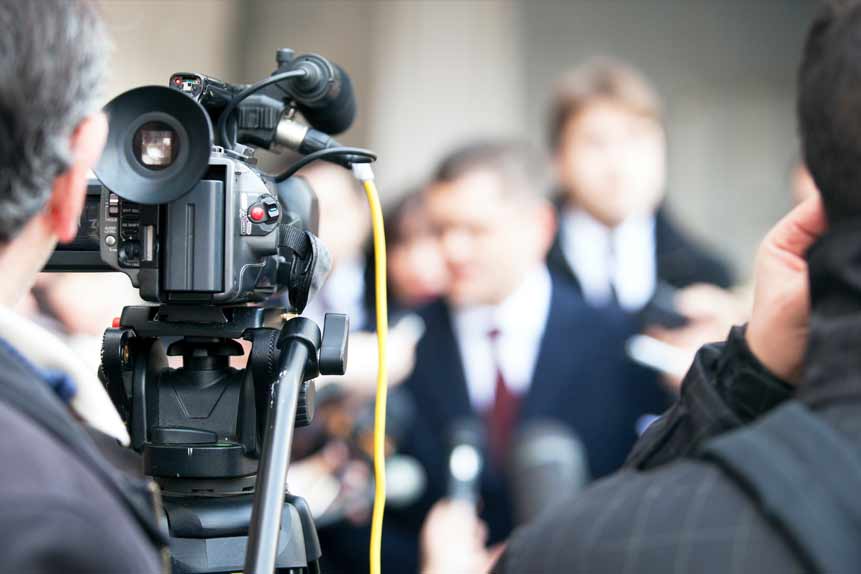Media plays a crucial role in our daily lives, shaping the way we consume information, communicate, and perceive the world around us. From traditional print newspapers to digital platforms, media encompasses a vast array of channels through which information, entertainment, and ideas are disseminated. In this article, we will explore the definition and meaning of media, its various forms, and its significance in today’s interconnected world.
Defining Media
Media can be defined as the means or channels used to transmit information, news, entertainment, and ideas to a wide audience. It serves as a bridge between individuals and the larger society, facilitating the exchange of knowledge and fostering public discourse. Media is not limited to a single medium but encompasses a diverse range of platforms, including print, broadcast, digital, and social media.
Forms of Media
- Print Media: Print media refers to publications in the form of newspapers, magazines, books, pamphlets, and other tangible formats. It has been a dominant form of media for centuries, providing in-depth analysis, investigative reporting, and a tangible reading experience.
- Broadcast Media: Broadcast media includes television and radio. Television reaches millions of households globally, offering a visual and audio platform for news, entertainment, documentaries, and advertisements. Radio, on the other hand, provides an audio-only format, often featuring news updates, music, talk shows, and live broadcasts.
- Digital Media: With the advent of the internet, digital media has revolutionized the way information is shared. Websites, online newspapers, blogs, podcasts, and online streaming platforms fall under this category. Digital media offers instant access to news, interactive content, user-generated information, and a platform for global connectivity.
- Social Media: Social media platforms such as Facebook, Twitter, Instagram, and YouTube have become an integral part of modern media. They allow users to create, share, and exchange content, connect with others, and participate in online communities. Social media has transformed the way we interact, enabling real-time communication, citizen journalism, and viral trends.
The Power and Influence of Media
Media holds immense power and influence in shaping public opinion, political discourse, and societal norms. It has the ability to create awareness, ignite social change, and hold institutions accountable. Journalists and media organizations play a vital role as watchdogs, investigating and reporting on critical issues, thus acting as the fourth estate in democratic societies.
Media also influences public perception by framing news stories, presenting information selectively, and employing persuasive techniques. Media literacy becomes crucial in navigating this vast landscape, empowering individuals to critically analyze and evaluate the information they consume.
Challenges and Concerns
While media offers numerous benefits, it also faces challenges and concerns. One major issue is media bias, where information can be influenced by political, economic, or ideological agendas, leading to a distortion of facts and the spread of misinformation. The rise of fake news, conspiracy theories, and echo chambers in digital spaces has further amplified this challenge.
Another concern is the potential for media manipulation and control, where certain entities or individuals may seek to control narratives or suppress dissenting voices. The concentration of media ownership in the hands of a few corporations also raises questions about diversity of viewpoints and independent journalism.
Media, in its various forms, serves as a vital tool for information dissemination, entertainment, and societal engagement. It encompasses print, broadcast, digital, and social media, each with its own unique characteristics and impact. The power and influence of media are undeniable, and it plays a crucial role in shaping public opinion, facilitating dialogue, and holding institutions accountable.



